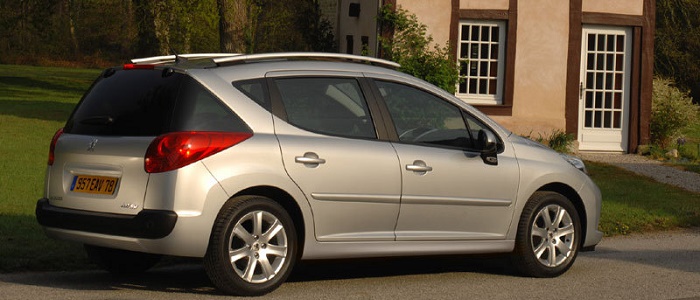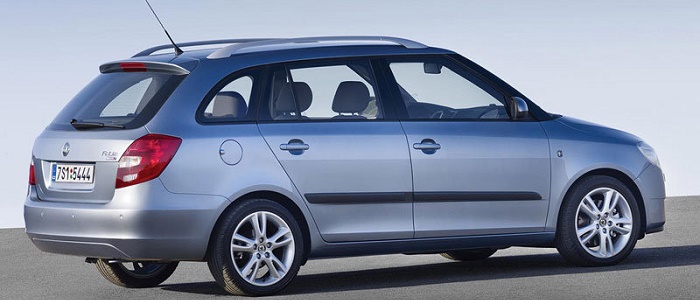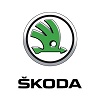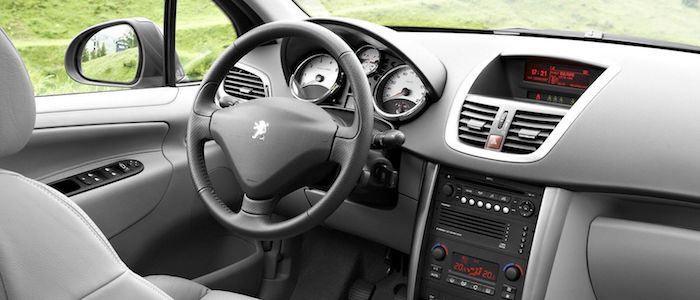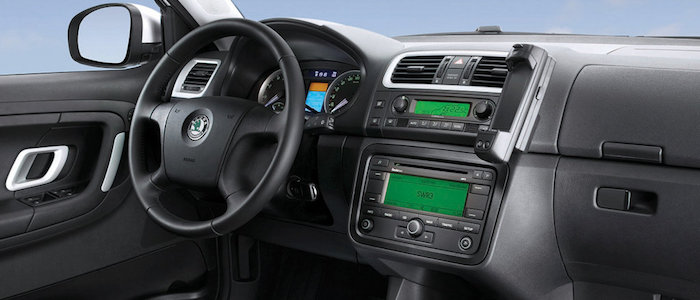Compare two cars
Compare any two cars and get our Virtual Adviser™ opinion
Dimensons & Outlines
Check vehicle history
Engine
1.6 Prince EP6
Performance (manual gearbox)
Performance (automatic gearbox)
Expenses
Virtual Adviser's™ opinion
Well, these are two pretty similar cars we have here! It's only details that could potentially make the difference. Considering they both belong to the city car segment and utilize the same 5-door wagon body style and the front wheel drive system, it all comes up to the specific petrol engine choice they offer. The first one has a Peugeot-engineered powertrain under the hood, a 4-cylinder, 16-valves 120hp unit, while the other one gets its power and torque from a 4-cylinder, 16-valves 105hp engine designed by Volkswagen.
SafetyBoth vehicles got tested by European New Car Assessment Programme (Euro NCAP), with the Peugeot being a slightly better choice apparently. Moving further on, let's take a closer look at some additional safety-related facts. Both vehicles belong to the city car segment, which is generally not a very good thing safety-wise, but that fact doesn't break the tie between the two cars. Furthermore, when it comes to weight, a factor that most people underestimate, the French car offers a considerable difference of 13% more metal.
ReliabilityReliability is not the best thing to consider on the make level, but it is worth mentioning that both brands display similar results in faults and breakdowns, at least on all of the models level. That's the official data, while our visitors describe reliability of Peugeot with an average rating of 4.3, and models under the Škoda badge with 4.4 out of 5. Some independent research have also placed 207 as average reliability-wise, and Fabia is more or less at the same level.Above it all, drivers of cars with the same engine as the French car rank it on average as 4.2, while the one under the competitor's bonnet gets 4.5 out of 5.
Performance & Fuel economyPeugeot is a bit more agile, reaching 100km/h in 0.8 seconds less than its competitor. In addition to that it accelerates all the way to 200 kilometers per hour, 8km/h more than the other car. When it comes to fuel economy the winner has to be the French car, averaging around 6.3 liters of fuel per 100 kilometers (45 mpg), in combined cycle. We can't ignore that 10% difference compared to the Czech car.
Verdict
Škoda appears just a bit more reliable, although the difference is truly marginal. The most important thing when deciding between any two vehicles should always be safety, both passive and active. In my opinion, everything taken into account, the French car beats the other contender by far, making it the best choice without even considering other things. It all continues in the same direction, with Peugeot being considerably quicker, thus putting more smile on driver's face. To make things even better, it consumps less fuel! All together, there's not much more to say, in this case I wouldn't even consider anything but Peugeot. Anyway, that's the most objective conclusion I could've came up with and it's based solely on the information found on this website. Aspects such as design, practicality, brand value and driving experience are there for you to measure them out. In case you have two minutes to spare I invite you to define your needs, desires and budget and see which car would be chosen by the virtual adviser™, among more than 12.000 different ones in our database.























